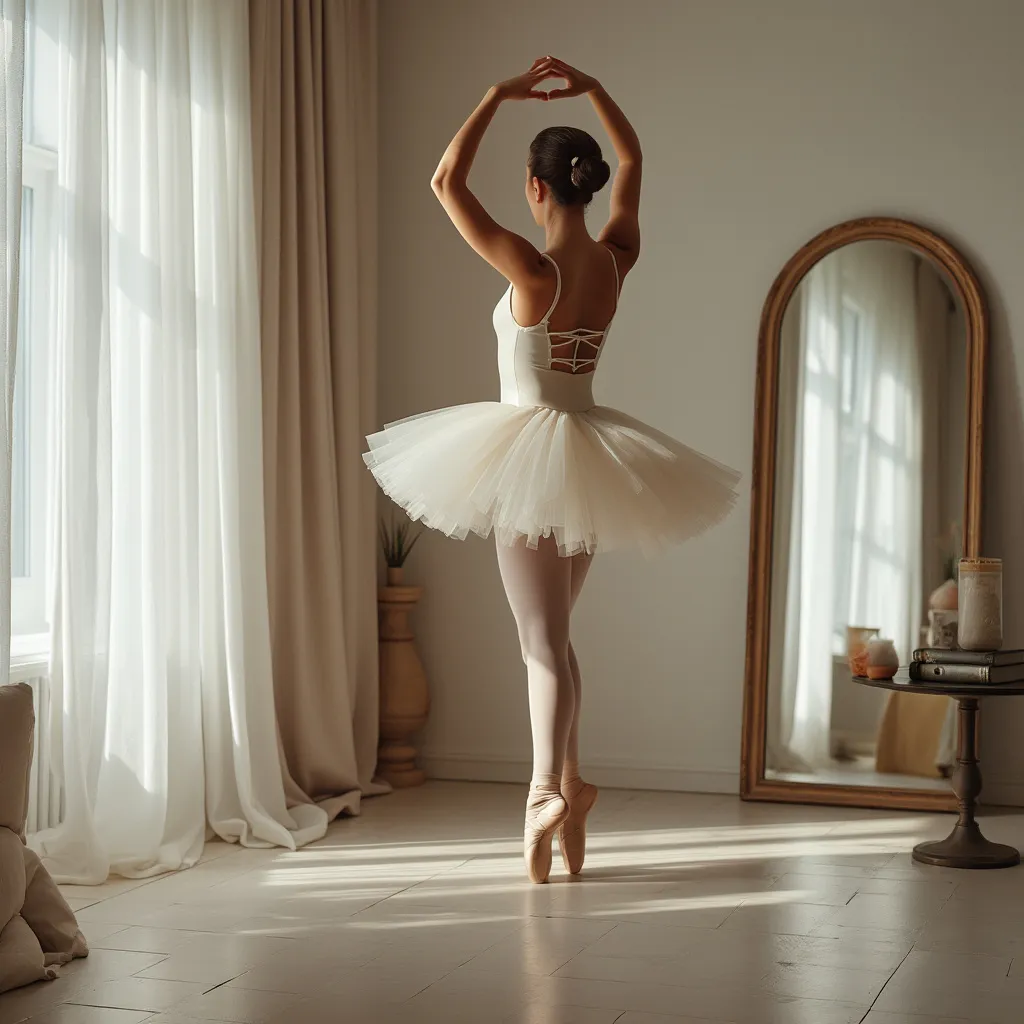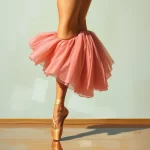Ballet Etiquette: Understanding the Do’s and Don’ts in the Studio

Introduction
Ballet is a beautiful and disciplined art form that requires not only physical prowess but also a deep understanding of etiquette. Whether you are a beginner or a seasoned dancer, knowing the do’s and don’ts in the ballet studio is crucial for creating a respectful and productive environment. This article aims to provide a comprehensive guide to ballet etiquette, ensuring that you can navigate the studio with confidence and grace.
Understanding Ballet Etiquette
Why Ballet Etiquette Matters
Ballet etiquette is more than just a set of rules; it is a framework that helps maintain order, respect, and professionalism in the studio. Adhering to these guidelines ensures that everyone can focus on their training without unnecessary distractions or disruptions. Moreover, understanding and practicing proper etiquette reflects your commitment to the art form and respect for your instructors and fellow dancers.
General Studio Etiquette
Before diving into specific do’s and don’ts, it’s essential to understand some general principles that apply to all ballet studios:
- Respect: Always show respect to your instructors, fellow dancers, and the studio space.
- Punctuality: Arrive on time for classes and rehearsals. Being late can disrupt the flow of the session and is often considered disrespectful.
- Cleanliness: Maintain personal hygiene and keep the studio clean. This includes wearing clean dancewear and shoes.
- Focus: Pay attention during class and avoid unnecessary distractions, such as talking or using your phone.
Do’s in the Ballet Studio
Arrive Early
Arriving early gives you time to warm up and mentally prepare for the class. It also shows respect for your instructor’s time and the effort they put into planning the session. Aim to arrive at least 10-15 minutes before the class starts.
Dress Appropriately
Wearing the correct attire is crucial in ballet. Most studios have a dress code that includes leotards, tights, and ballet shoes. Ensure your hair is neatly tied back, preferably in a bun, to keep it out of your face. Avoid wearing jewelry or accessories that could be distracting or dangerous.
Listen and Observe
Pay close attention to your instructor’s directions and corrections. Even if a correction is not directed at you, it can still be beneficial. Observing other dancers can also provide valuable insights into technique and form.
Be Polite and Courteous
Always use polite language and gestures. Greet your instructor and fellow dancers when you arrive and thank them at the end of the class. If you need to leave the studio for any reason, do so quietly and with minimal disruption.
Practice Good Hygiene
Good hygiene is essential in a ballet studio. Ensure you are clean and fresh before class. Use deodorant, but avoid strong perfumes or colognes that could be distracting or cause allergic reactions.
Respect Personal Space
Ballet often requires close physical proximity, but it’s essential to respect personal space. Avoid crowding other dancers and be mindful of your movements to prevent accidental collisions.
Don’ts in the Ballet Studio
Don’t Be Late
Arriving late is one of the biggest breaches of ballet etiquette. If you do arrive late, wait for a suitable break in the class before entering and apologize to your instructor.
Don’t Talk During Class
Talking during class is distracting and disrespectful. Save conversations for breaks or after the session. If you have a question, raise your hand and wait for the instructor to acknowledge you.
Don’t Use Your Phone
Using your phone during class is a significant distraction. Keep your phone on silent or turned off and leave it in your bag. If you need to use it for an emergency, step out of the studio quietly.
Don’t Ignore Corrections
Corrections are an essential part of learning ballet. Ignoring them not only hinders your progress but also shows a lack of respect for your instructor’s expertise. Always acknowledge corrections with a nod or a verbal response and make an effort to apply them.
Don’t Wear Inappropriate Attire
Wearing inappropriate attire can be distracting and hinder your performance. Avoid baggy clothes, excessive jewelry, or anything that doesn’t comply with the studio’s dress code.
Don’t Hog the Mirror
Mirrors are a valuable tool in ballet, but they are for everyone to use. Avoid standing directly in front of the mirror for extended periods, and be mindful of others who may also need to check their form.
FAQ
What should I do if I need to leave the studio during class?
If you need to leave the studio during class, do so quietly and with minimal disruption. Wait for a suitable break in the session, such as between exercises, and signal to your instructor if possible. Always apologize for any inconvenience caused.
How should I handle receiving corrections from the instructor?
Receiving corrections is a normal part of ballet training. Always acknowledge the correction with a nod or a verbal response and make an effort to apply it. Remember, corrections are meant to help you improve, not criticize you.
Is it okay to ask questions during class?
Yes, asking questions is encouraged, but timing is crucial. Raise your hand and wait for the instructor to acknowledge you before speaking. Avoid asking questions during critical moments, such as during a demonstration or when the instructor is giving corrections.
What should I do if I forget part of the choreography?
If you forget part of the choreography, try to follow along as best as you can without disrupting the class. Watch other dancers and pick up the movements as quickly as possible. If you are still unsure, ask for clarification during a break or after the class.
How can I show respect to my fellow dancers?
Showing respect to your fellow dancers involves being polite, courteous, and mindful of their space and time. Avoid talking during class, respect personal space, and offer encouragement and support when needed. Always be considerate and avoid actions that could disrupt their focus or performance.
Conclusion
Ballet etiquette is an essential aspect of training that helps create a respectful and productive environment in the studio. By understanding and adhering to these guidelines, you can ensure that you and your fellow dancers can focus on improving your skills and enjoying the art of ballet. Remember, ballet is not just about physical movements; it is also about discipline, respect, and professionalism. Embrace these principles, and you will find that your ballet experience becomes even more rewarding and fulfilling.



